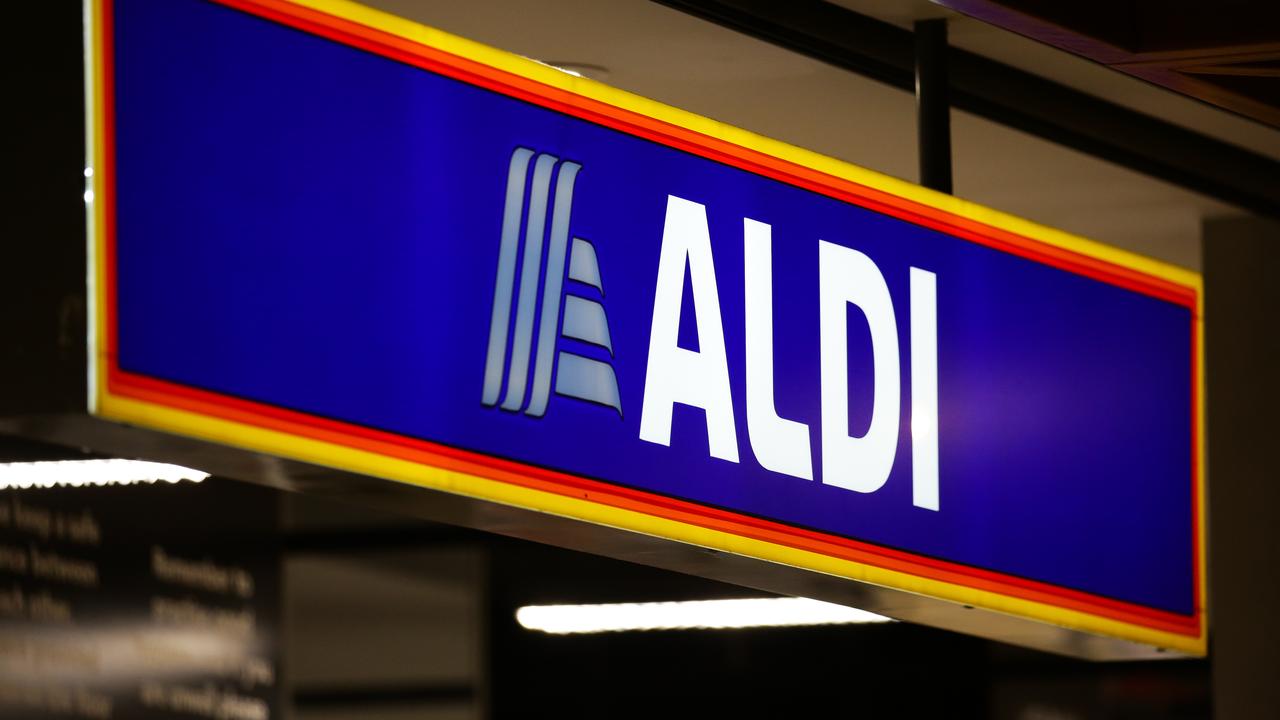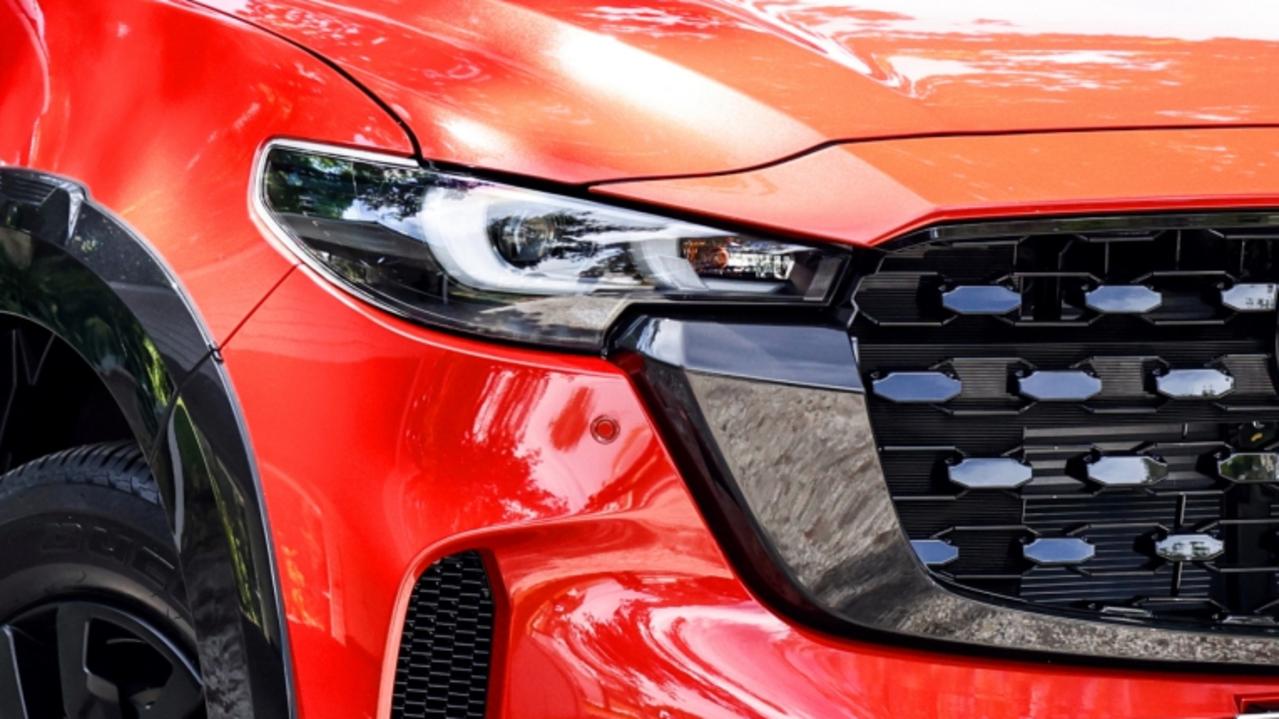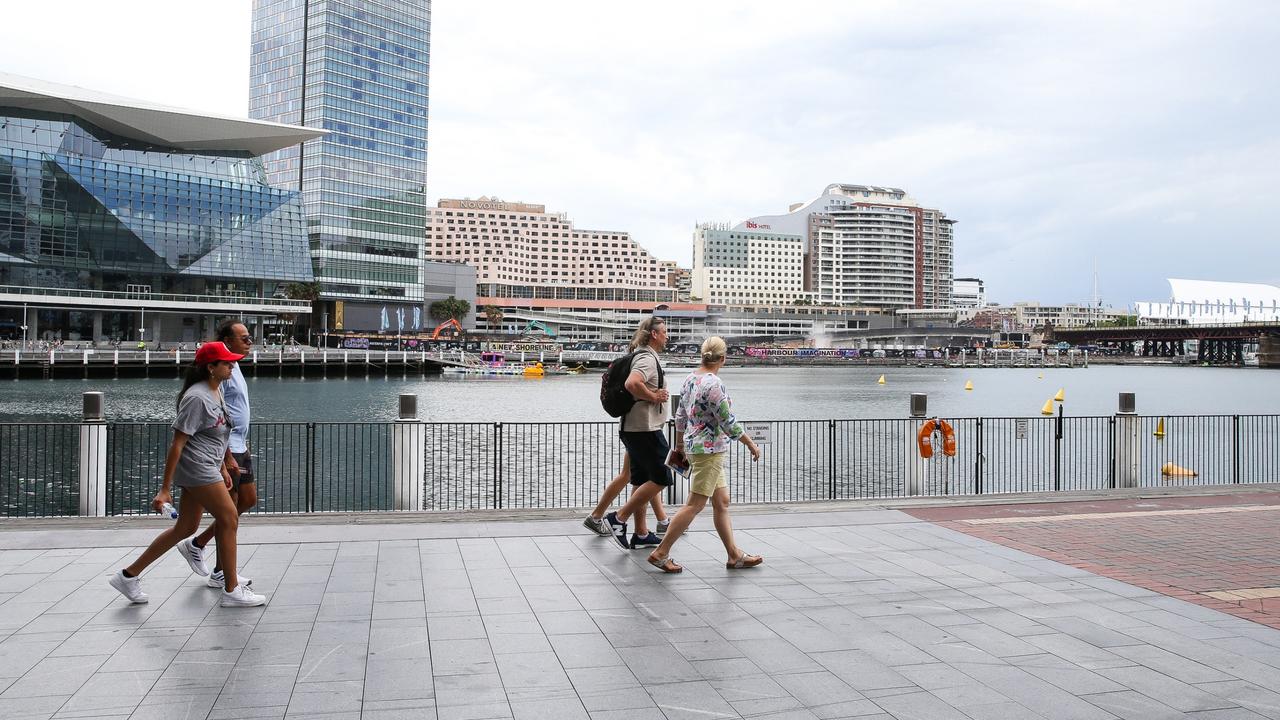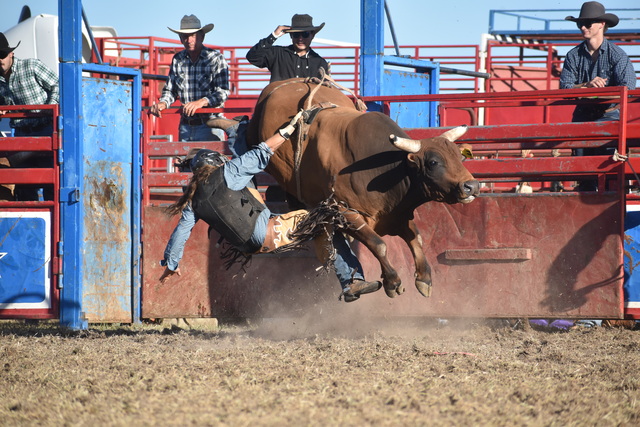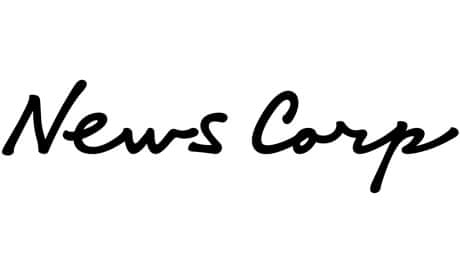Liberated Brands Files for Chapter 11 Bankruptcy in the US
Liberated Brands has filed for Chapter 11 bankruptcy in Delaware due to high interest rates and competition from fast fashion. The company has let go 1,400 staff and listed stock for up to 60% off.
But Liberated Brands has now filed for Chapter 11 bankruptcy in the US state of Delaware. Liberated CEO Todd Hymel said in his court filing that the company had struggled against high US interest rates and the switch towards powerhouses like Shein and Temu.
"The average consumer has shifted their spending away from discretionary products such as those offered by Liberated," he said.
"Consumers can cheaply, quickly, and easily order low-quality clothing garments from fast fashion powerhouses and have such goods delivered within days."
Liberated was forced to relinquish its North American license for Billabong and RVCA only in December, after it failed to make a royalty payment. Hymel said those licenses were eventually transitioned to new operators.
As a result of the Chapter 11 filing, all remaining stock has reportedly been listed for up to 60 per cent off. Liberated has also sought to close its international businesses, shut its corporate offices, and let go close to 1,400 staff.
In its court documents, the company revealed it had liabilities to the tune of more than $100 million, but had organised a $35 million loan with JPMorgan Chase to support the bankruptcy.
There are 18 Billabong stores in Australia and 13 Quiksilver shops, which also house Roxy items, and it's unclear whether Liberated's moves in the US will affect these operations.
Liberated enjoyed a hefty boost during the COVID pandemic, with its revenue jumping from $350 million in 2021 to $422 million just one year later. It went from running 67 stores to 140 locations while everyone was in lockdown.
But, as financial pressures for the everyday person started to rise and cheaper options became available online, shoppers moved away from these dominant brands. While Liberated stores might be winding down, the individual brands won't be going anywhere and will be finding new wholesale partners to continue selling their products.
